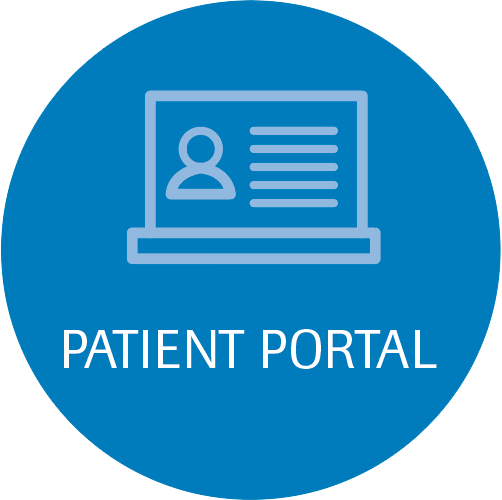What is a Biophysical Profile and what does it do?
A biophysical profile (BPP) test measures the health of your baby (fetus) during pregnancy. A BPP test may include a nonstress test with electronic fetal heart monitoring and a fetal ultrasound. The BPP measures your baby’s heart rate, muscle tone, movement, breathing, and the amount of amniotic fluid around your baby.
A BPP is commonly done in the last trimester of pregnancy. If there is a chance that your baby may have problems during your pregnancy (high-risk pregnancy), a BPP may be done by 32 to 34 weeks or earlier. Some women with high-risk pregnancies may have a BPP test every week or twice a week in the third trimester.
Why is it done?
A biophysical profile (BPP) test is done to:
- Learn about and keep track of your baby’s health. Special ultrasound methods are used to keep track of movement, increases in heart rate with movement (nonstress test), muscle tone, breathing rate, and the amount of amniotic fluid (amniotic fluid index) surrounding your baby. If these five areas are within a normal range, your baby is considered to be in good health.
- Check on your baby’s health if you have:
- Hyperthyroidism
- Bleeding problems
- Lupus
- Chronic kidney disease
- Type 1 diabetes or gestational diabetes
- High blood pressure (hypertension)
- Preeclampsia
- A small amount of amniotic fluid (oligohydramnios) or too much amniotic fluid (polyhydramnios).
- A multiple pregnancy (such as twins or triplets).
- A pregnancy that has gone past your due date, between 40 and 42 weeks.
Who performs the test?
An ultrasonographer specifically trained or certified in Ultrasound imaging.
Where does it take place?
Jackson Hospital Outpatient Center Hudnall Building, Room 110, located adjacent to the Hospital.
How long does it take?
This exam generally takes about 30 to an hour to complete.
What can I do to make it a success?
- Bring your doctor’s orders with you when you come for your scheduled exam.
- Wear comfortable, easy to remove clothing.
- Follow all preparation instructions given to you by your physician’s office. If you have any questions, please call us for clarification. We want your exam to be as successful as possible.
What should I do before the exam?
For OB patients greater than 14 weeks: No preparation.
If you smoke, you will be asked to stop smoking for 2 hours before the external monitoring test because smoking decreases your baby’s activity.
What happens during the exam?
First, the technologist will explain the exam and may ask you historical questions that aid in obtaining a more diagnostic exam. You will lie on your back (or on your side) on a padded exam table. Warmed gel will be spread on your abdomen to improve the quality of the sound waves. A small handheld unit called a transducer is pressed against your abdomen and moved back and forth over it. A picture of the organs and blood vessels can be seen on a video monitor.
You may be asked to change positions so more scans can be done.
You need to lie very still while the ultrasound scan is being done. You may be asked to take a breath and hold it for several seconds during the scanning. This lets the sonographer see organs and structures more clearly because they are not moving.
What should I do after the exam?
The radiologist will review your image(s) and a final report will go to your ordering physician in 24–48 hours.
Contact Information:
Ultrasound Department (at main hospital): (850) 718-2582
Ultrasound Department (at OP Center): (850) 526-6702
Radiology Department: (850) 718-2580
Hospital (main operator): (850) 526-2200





